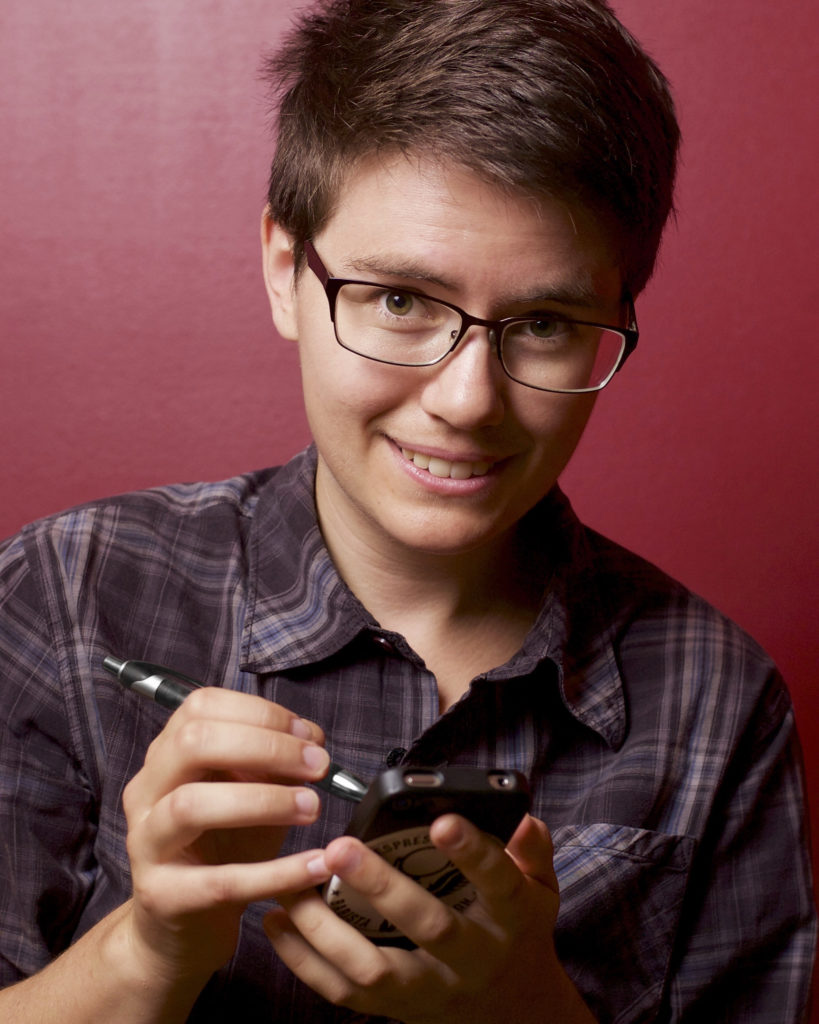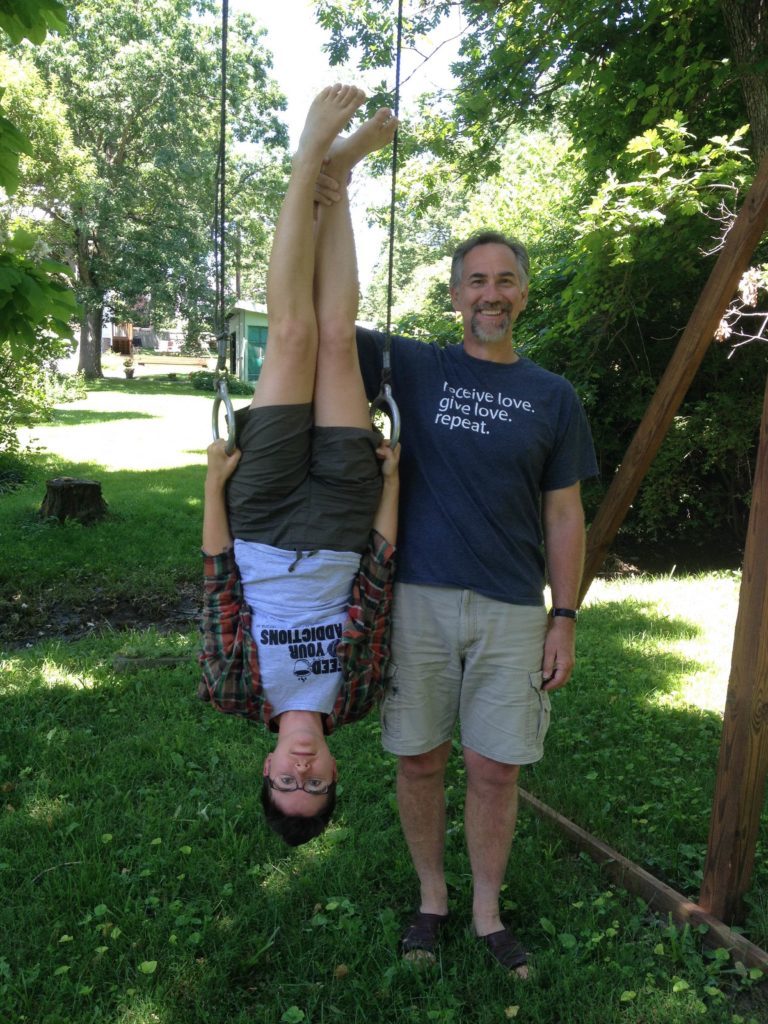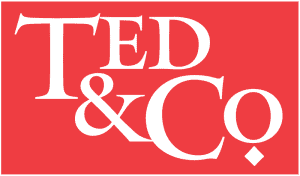And Then There Was Light…An Ode to Growing Up

© William D. Walker
By Alison Brookins
Exactly a year ago I first set foot in Harrisonburg, VA. I was an anxious little intern, unaware of the whirlwind of joyous creative energy about to be unleashed within myself and within Ted & Co. Now, after hours of mulling and writing in solitude, laughing and dreaming with Ted, I am back in town for production of the show I somehow managed to write over the past year, Discovery: A Comic Lament.
It is an unusual honor to see one’s work picked up and made public. Writing is usually so intimate. It is born out of your body and mind working in concert; it is a wholly personal, private endeavor.
And yet, if you want your writing to take on its own life, if you want it to grow, becoming more than you thought possible, it cannot stay private. It must be seen, heard, challenged, accepted, transformed. Your work must be Read.
During this intense month of rehearsals, phone calls, rewrites, fundraising (hint hint), designing, packing up the van, and, finally, seeing the play performed, I am looking for my work to be taken beyond what I could have ever imagined.
*****
Working with Ted, I have learned the joy, skill, and necessity of collaborative writing.
Last year I took two pieces of writing to the very first meeting of my Harrisonburg writing group, the Powderhorse Writers (…it’s a long story). I was excited about the first piece I had written, doubtful of the second. Wrote the first while laughing, the second while grieving. I was looking forward to sharing the first one, and wished I could just bury the second.
Guess which one they liked more? Yep. The second one.
By yourself, you simply can’t tell what’s good, you can’t tell what works, you can’t tell the reaction a piece is going to have. You can sit in your room, giggling to yourself, thinking you’re a brilliant writer, and your listeners are going to like the one that gave you more pain.
I’ve learned that I must have the regular reinforcement, criticism, questions, and support of people outside of my own head. I can swing so quickly from self-satisfaction to despair, and I need checks on both these extremes.
Working with Ted, I’ve unlearned perfection as a prerequisite for sharing my writing. I’ve learned to be hospitable, allowing others into my writing process, setting aside my intention and letting them make what they will of what I write.
*****
What matters is the relationship between the words and the listeners.
With all writing, your intention only goes so far; you will not always be there as the author to jump to the defense of your writing, saying, “what I meant was…”
Once the words have left your body, what you meant is no longer the most important thing. What will ultimately matter is what meaning the listeners make of it. And they will bring both their joy and their pain into their interpretation.
We have to send out what we create. If my writerly words are to become greater than my limited self, I have to send it out.
I feel closest to the divine when I witness others making meaning out of my words. I feel the greatest joy when something spoken to me in the darkness of my own mind speaks to and creates light in another person.
And so this is what I’m looking for as we move into production and tour of Discovery: A Comic Lament: Connection, and the creation of light.


Thanks for the introspective reflection, Allison. You’re on to something. Over the years I’ve found my sermons written during a “down” time connect more with my audience than when I’m “on top.” I look forward to seeing “and there was light…”
Bob
I was blessed by accepting an invitation to see Discovery last night in Philadelphia.
I have been researching my German ancestors’ immigration through the port of Philadelphia in the 1700s, settling initially in, or near, Lancaster County before moving to Ohio where I grew up. Learning about the reasons why Germans came to Pennsylvania and, eventually, Ohio has made me conscious of the Ohio’s own Trail of Tears.
It is interesting to note, and I still have much to learn, that after being forced into increasingly smaller portions of the NW portion of Ohio the tribes were removed to Kansas.
I spend a lot of activist time on Climate Disruption as a moral imperative for faith communities. Your play reminded me how art can engage not just the intellect, but the soul and our emotional lives in a deeper way that has more potential for change. Thank you!
Mark Smith